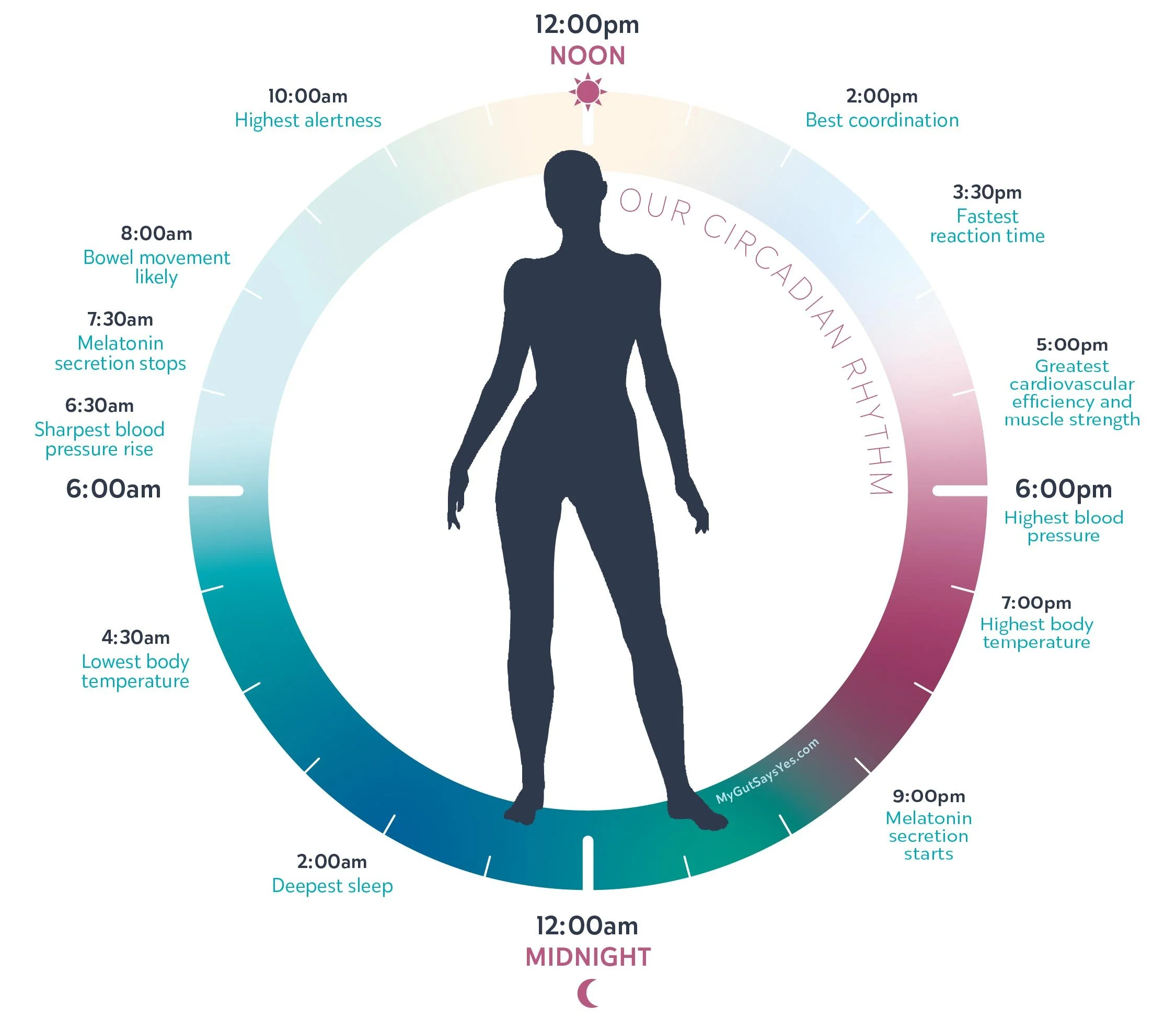The circadian disruption
Photo by Kate Stone Matheson on Unsplash
Many people have trouble sleeping and even suffer from insomnia. I had the opposite and though I was never diagnosed with hypersomnia, I slept a lot. Growing up, I averaged up to twelve hours of sleep on the weekends and as an adult, I would average eight to ten hours on a given night.
Despite catching all those Z’s, I still felt tired throughout the day and often longed for a nap, especially during the infamous afternoon crash that everyone seems to feel at the office. It was frustrating—to say the least—to go about my days feeling lethargic (regardless of my activity level) with nothing on my mind except rushing home and collapsing on the couch.
A new habit
A few months into the Covid-19 pandemic, I decided to do something my boyfriend at the time had been suggesting I try. In the morning, I get up when my body wakes up, which also means ditching my typical snooze fest (normally eight hits before I actually got up).
That may seem like common sense to those of you who already practice this, but the idea of actually getting up at the sound of the alarm was so foreign to me. I mean, isn’t that why they invented the snooze button in the first place? Who actually does that anyway?! Well, my boyfriend did and is one of the most productive people I know to this day. I should have listened and followed his advice much sooner.
The first few mornings of practicing this new habit were a challenge, I still hit the snooze button and eventually the number of hits gradually decreased until I no longer needed an alarm clock. Like clockwork, my body would naturally wake up after seven to eight hours of sleep. Typically this was between 7am-8am if I went to bed at 11pm the night before. I was absolutely blown away (it’s the simple things, right?)!
Our built-in alarm
The circadian rhythm is our internal biological clock that regulates various functions in our body in a 24-hour sleep/wake cycle. The times in each day and night when you feel hungry and sleepy are also part of this system.
With each hit of that snooze button, I was basically telling my body to start a new sleep cycle which, for humans, typically takes 70 to 110 minutes according to Wikipedia. My snooze timer was set to 8 minutes so do the math; it was no wonder that I felt more and more “drunk” with each waking moment. I was creating this vicious sleep pattern on-the-daily without realizing what I was doing: disrupting my circadian rhythm.
The circadian rhythm (CR) is our body’s natural internal cycle of various biological functions that occur within a 24-hour period. It’s an internal clock that exists in all living things. In humans, these processes or “rhythms” are driven by our circadian clock, located in the hypothalamus, and receives signals from the environment (primarily from daylight and darkness). The diagram on the right highlights some of these biological functions that occur at certain times within the 24-hr cycle.
We are essentially on a daily biological schedule.
A healthy circadian rhythmic flow includes:
➤ Regular sleep and wake times; avoidance of light at night
Once I honored my body’s natural daily schedule of going to bed and getting up at the same times, I felt significantly less groggy during the day. Traveling to another time zone, working a night shift and using blue light devices before bedtime are common circadian disruptors. When your CR is disrupted, your melatonin production is suppressed, leading to poor sleep and poor sleep can disrupt your CR. It’s a literal nightmare that can screw up your energy levels during the day if left unaddressed.
➤ Regular eating schedules; avoidance of late-night eating
Poor sleep and having a wonky eating schedule not only disrupt your CR, they can also lead to GI symptoms and disease such as GERD, IBD and colorectal cancer. Additionally, your intestinal barrier can be compromised and your gut microbiome altered! With the exception of deliberate time-restricted eating (fasting), skipping meals or indulging in midnight munchies may be harmful for your CR.
Go with the flow
Understanding and following your own body’s CR can yield many positive health results that can significantly improve your quality of life.
Do you observe how you feel and function at different times of the day? How does it compare to the diagram above? Where do you have challenges that hinder your body’s CR?
Jumpstart your gut health and achieve vitality by downloading my free guide here! If you’re ready to gain energy, clarity and high levels of serotonin, I’d love to help. Book your free Gut Check Sesh here and let’s make it happen!


